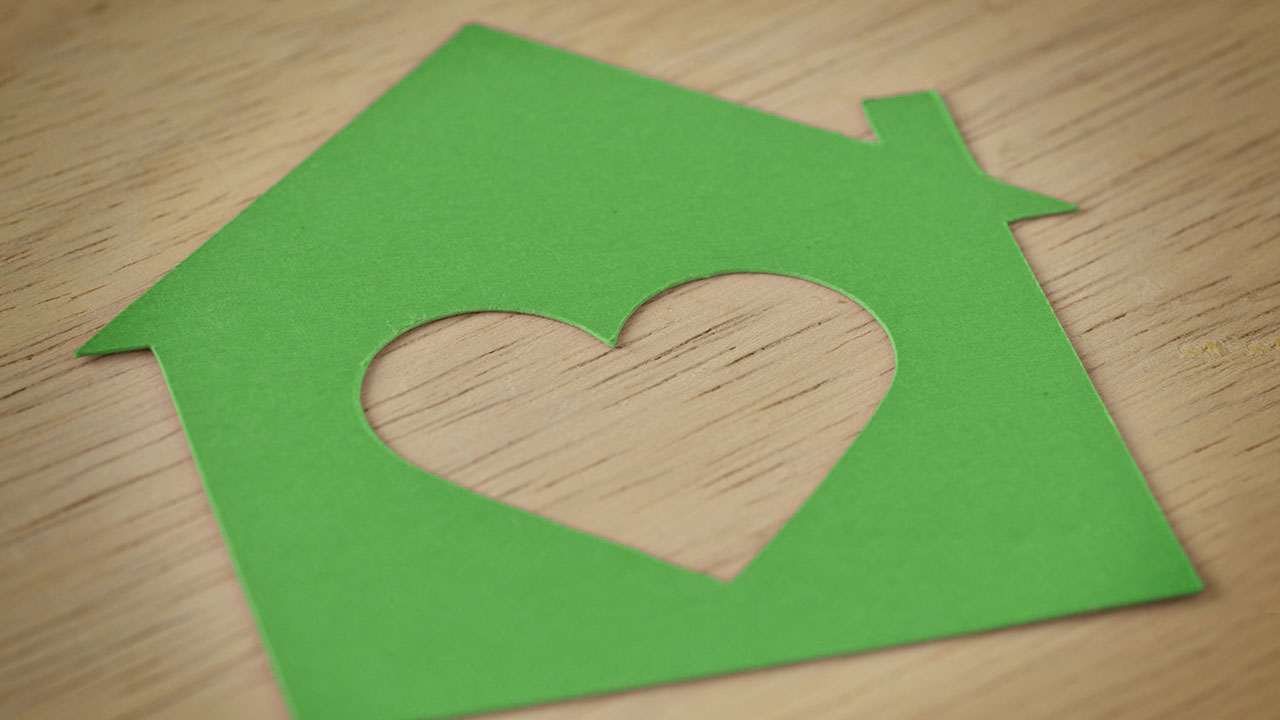
The average household wastes 51 MMBtu’s every year, and a typical home wastes about 30% more energy than an energy-efficient home does. What’s more, the average household creates 4.4 pounds of trash per person per day.
That’s a lot of garbage and a lot of energy wasted. We can definitely do better, and we have been. More and more, homeowners are adopting tactics that make their homes much more sustainable, which inevitably helps to cut down on trash and wasted energy and makes our entire planet a better, healthier place.
So, what can you do to create a more sustainable home? Here are a few suggestions.
Make Compost
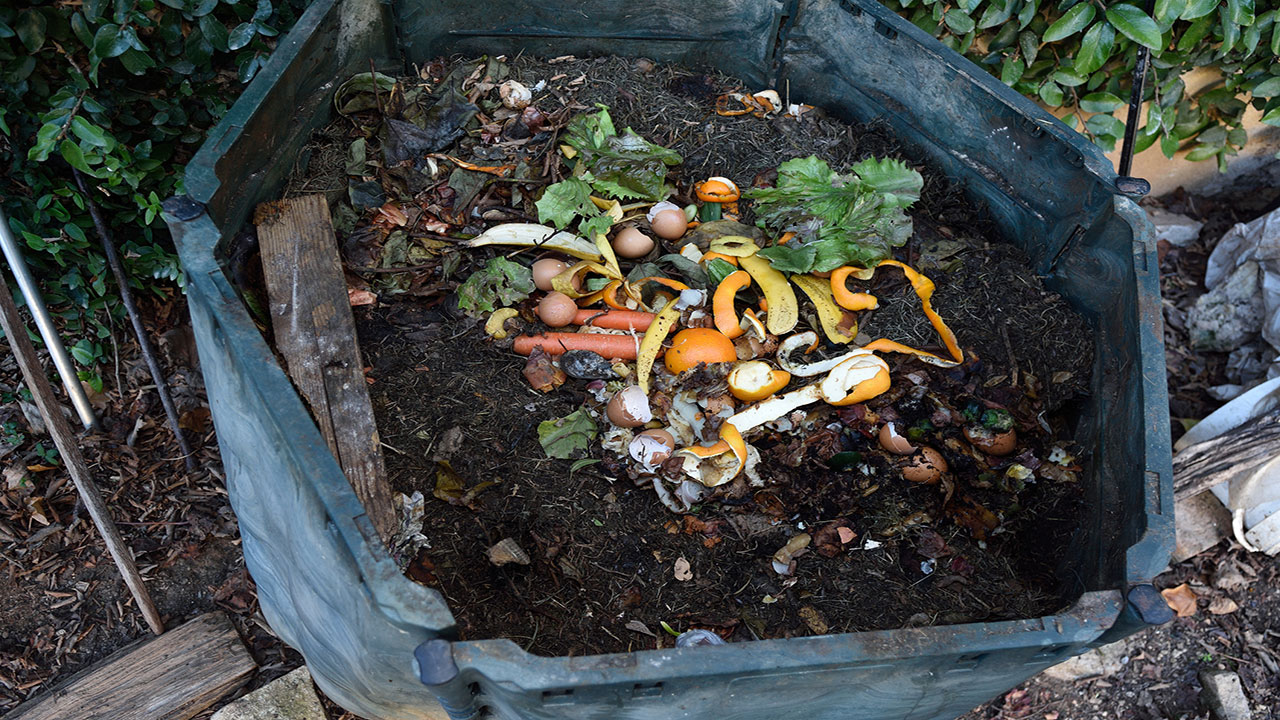
Collect things like egg shells, coffee grinds, and vegetable peels to create a healthy compost that can enrich the soil of your outdoor garden.
Reuse Bags
If you’ve still got plastic bags in the home, consider washing them after each use and reusing them instead of throwing them out.
Repurpose Goods
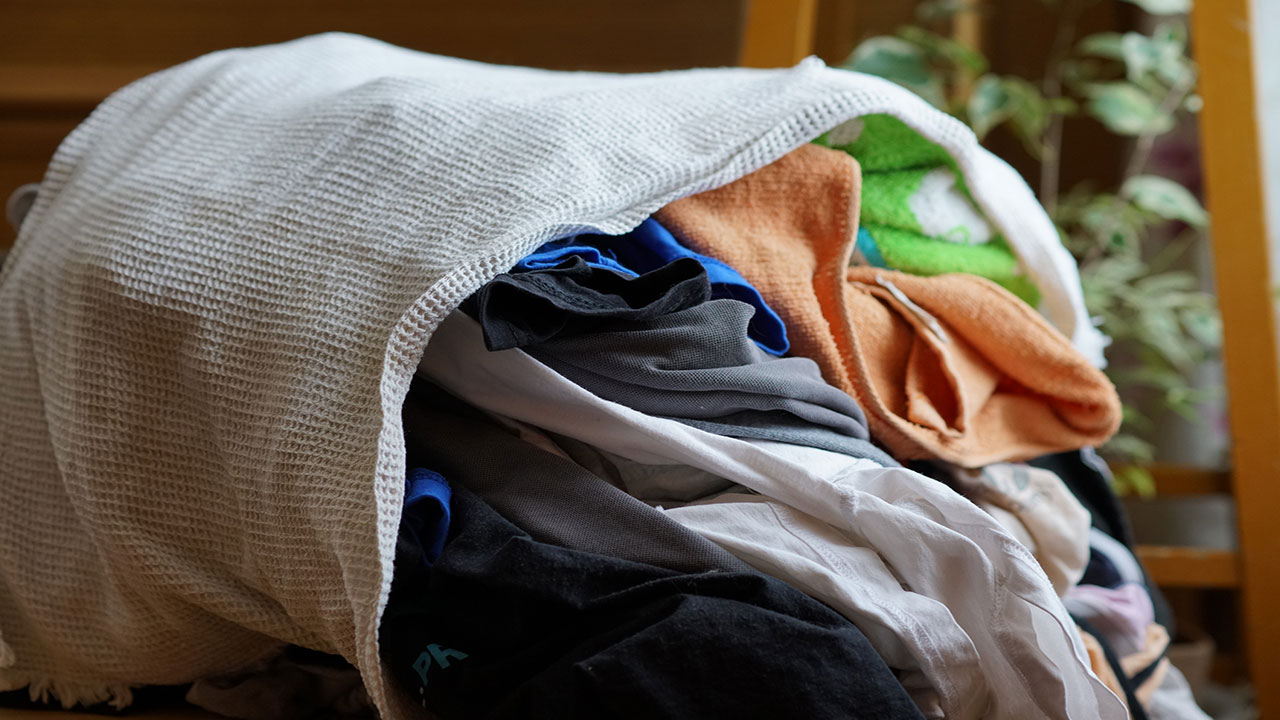
Rather than tossing your unused items in the trash, consider repurposing them. For instance, an old t-shirt can easily become a rag that you can use to clean with.
Plant Native Plant Species in Your Yard
Native plants tolerate your local conditions much better than foreign species, which means they require far less water to thrive. This, in turn, means less water being used.
Install Low-Flush Toilets
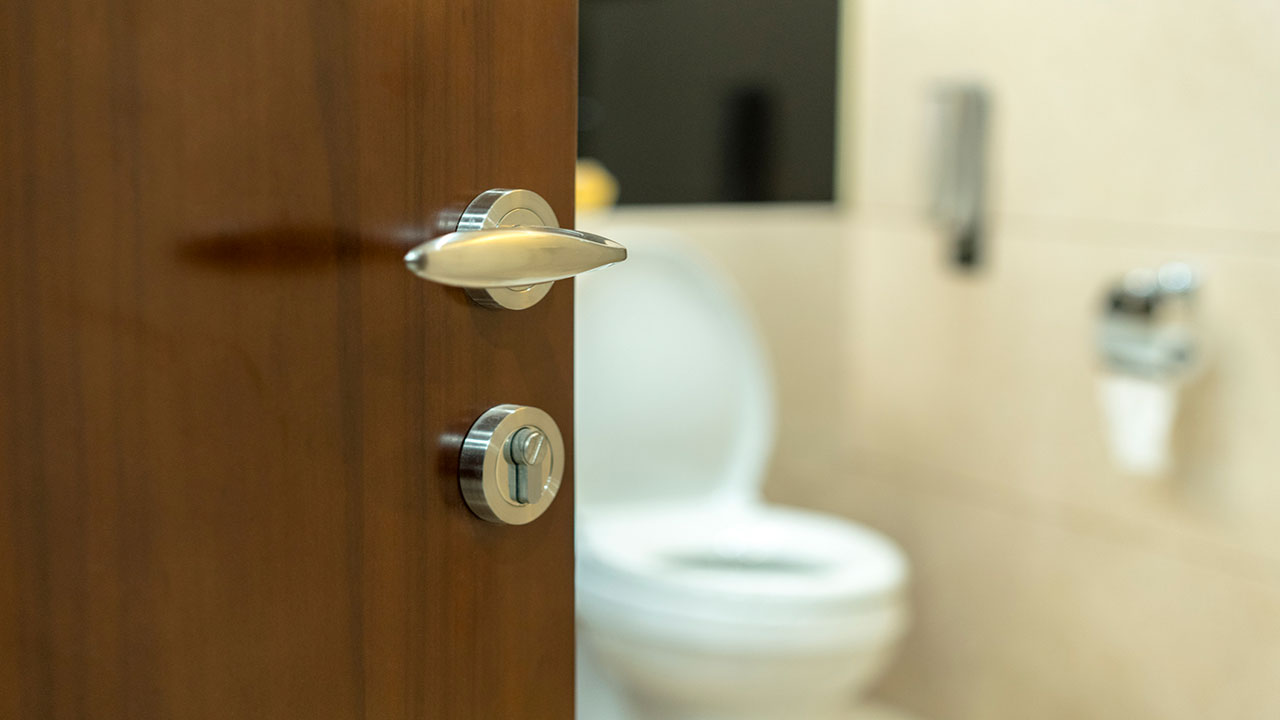
Every time you flush the toilet, you use about six gallons of water. Low-flush toilets can drastically cut that number by 75%.
Install Low-Flow Showerheads
Showers use up the third largest amount of water in a home, behind toilets and washing machines. The average shower uses 17.2 gallons of water. By installing a low-flow showerhead, not only will you be using less water to shower but you’ll also be cutting down on the energy needed to heat it.
Plant Shady Trees
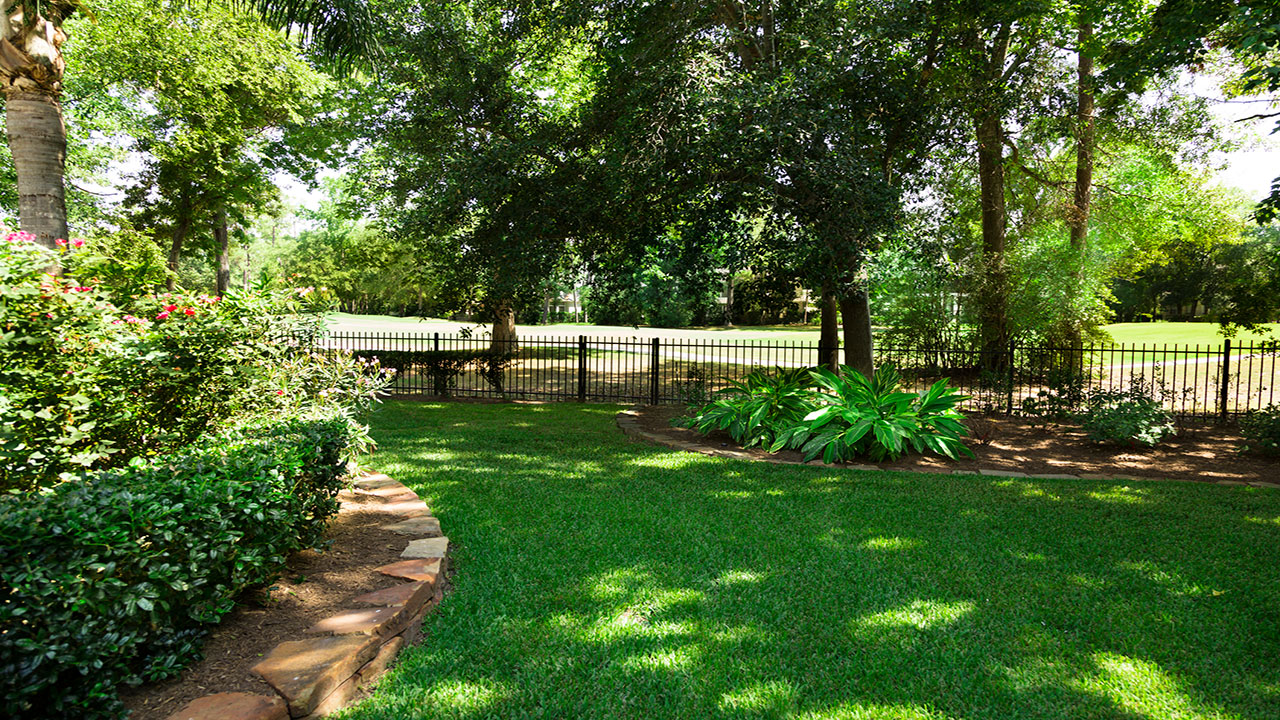
Cut down on the amount of energy needed to cool your home by planting trees that can adequately shade your house.
Install a Solar Water Heater
Water heaters use a lot of energy to heat the water in your home. A solar water heater uses much less energy and does just as good a job.
Install Energy-Efficient Appliances
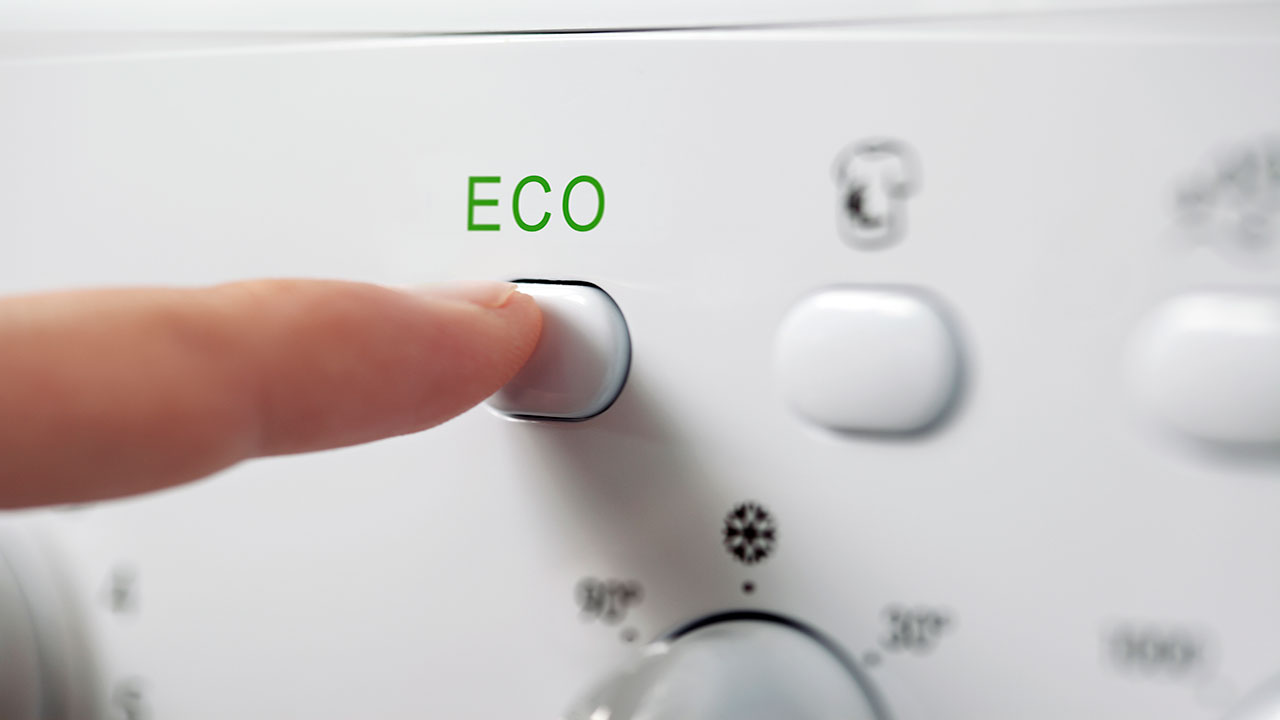
These days, appliances are much more energy-efficient, using smarter designs that require less energy to do the same job as traditional appliances. In fact, you can save as much as 13% in energy every year.
Use Eco-Friendly Cleaners
Instead of the chemical-laden products that you get at the grocery store that can end up in our rivers and lakes, consider using natural solutions, such as baking soda, white vinegar, and even lemon juice.
Collect Rainwater
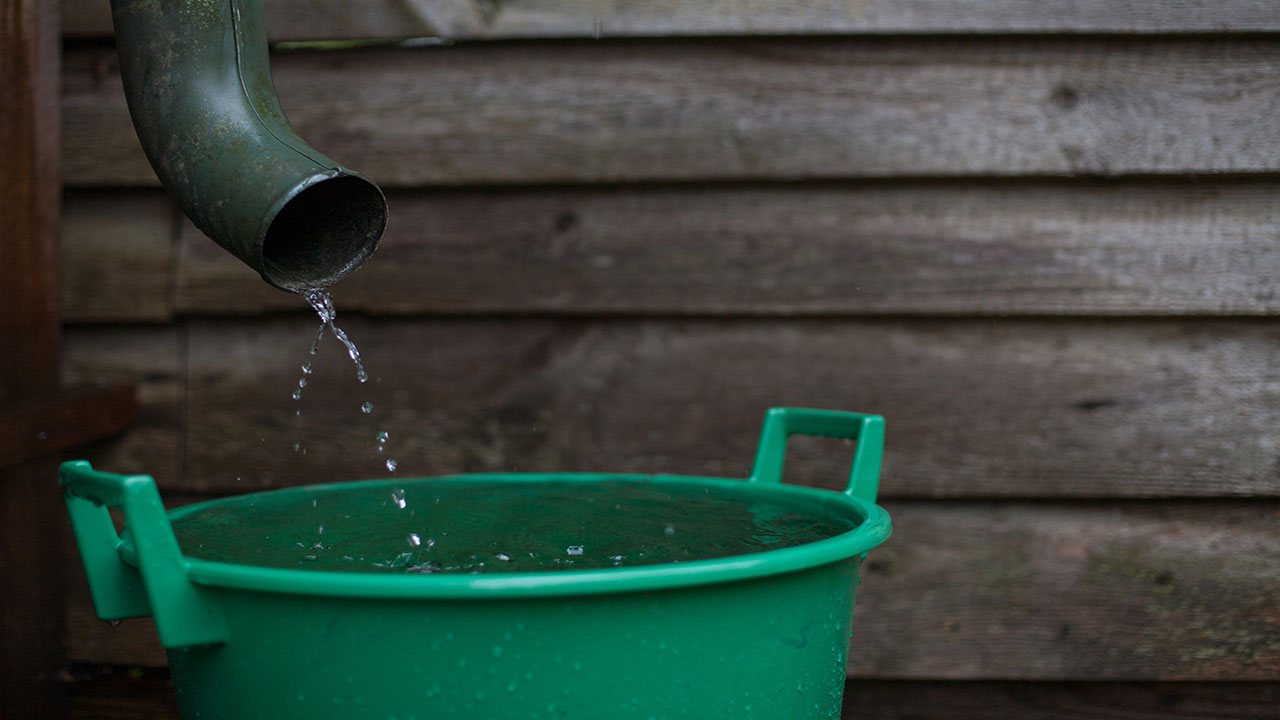
Get yourself a couple of rain barrels to collect rainwater to be used to wash your car or water your lawn rather than wasting hose water to serve the same purpose.
Caulk and Weatherstrip Doors and Windows
A lot of energy can be wasted through cracks in window and door frames. Caulking and weatherstripping can effectively insulate these openings and ensure that no air is allowed to seep in or escape, reducing energy used to keep your home comfortable.
Repair Leaky Pipes
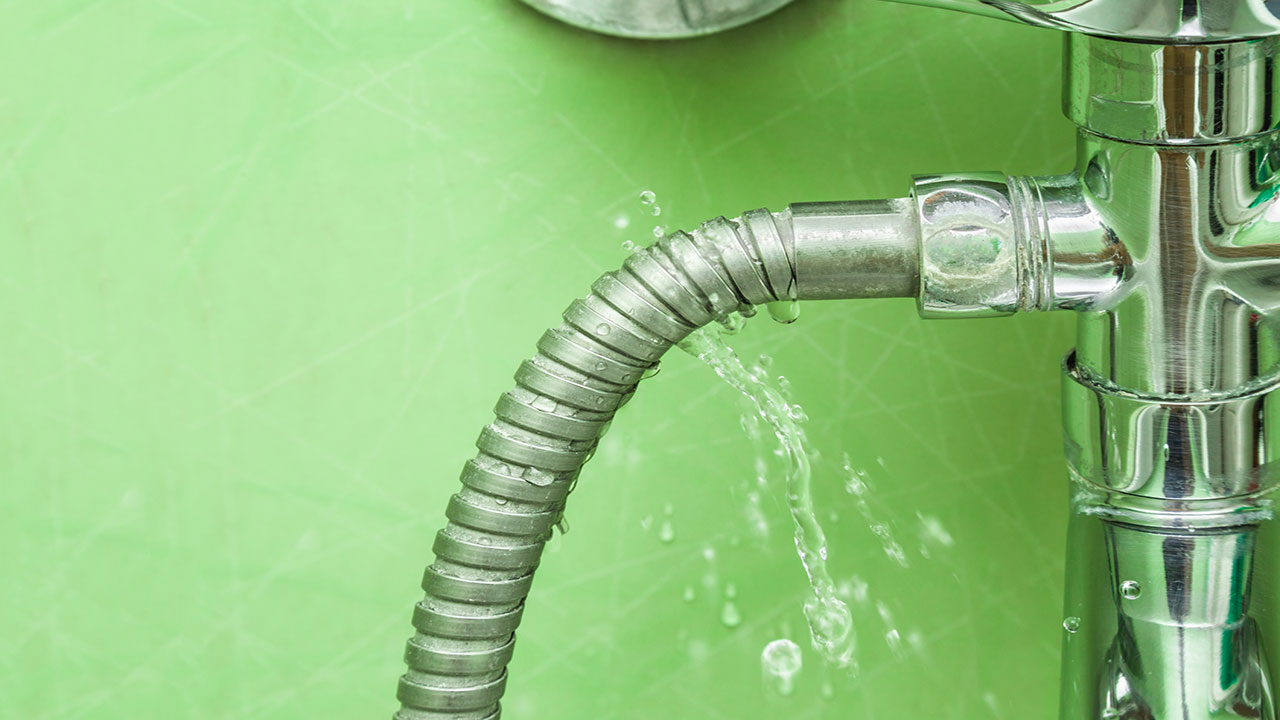
Even tiny leaks can waste a ton of water, so make sure to have all leaks fixed.
Install Energy-Efficient Light Bulbs
LED and compact fluorescent bulbs can save a ton of energy in your home. Though they may be more expensive than traditional bulbs up front, they wind up saving you a great deal of money over the long run because they last so much longer.
Use Ceiling Fans
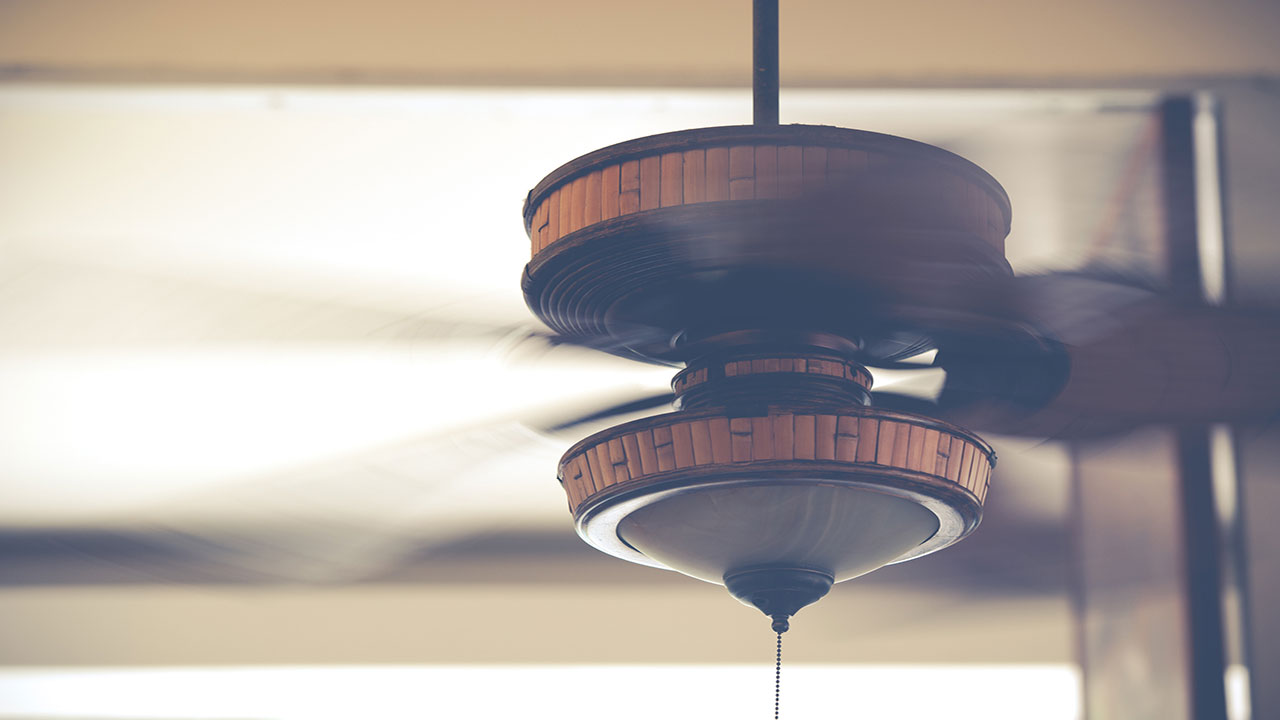
Cut down on the amount of work that your air conditioner has to do and make use of ceiling fans. To make sure the cool air is being pushed down, make sure that the fan is turning in a counterclockwise direction.
Unplug Small Appliances When Not in Use
Leaving small appliances idle when not in use still uses up energy. Consider unplugging your coffee maker, toaster oven, and blender when not in use. Also, completely shut down your computers at night. Even when they’re in “sleep mode,” they still use some amount of energy, so shut them down.
The Bottom Line
You might not think that your home makes much of a difference in terms of keeping the planet and environment healthy considering the millions of other homes around you. But when everyone takes a step in the right direction, good things happen. Adopting any one of the above-mentioned tactics can help you create a more sustainable home and even save you a great deal of money at the same time.